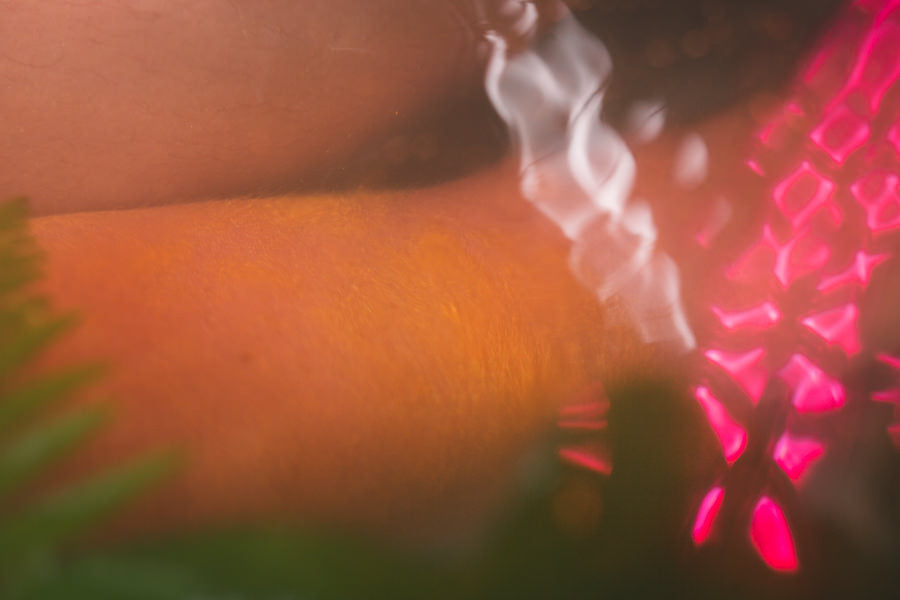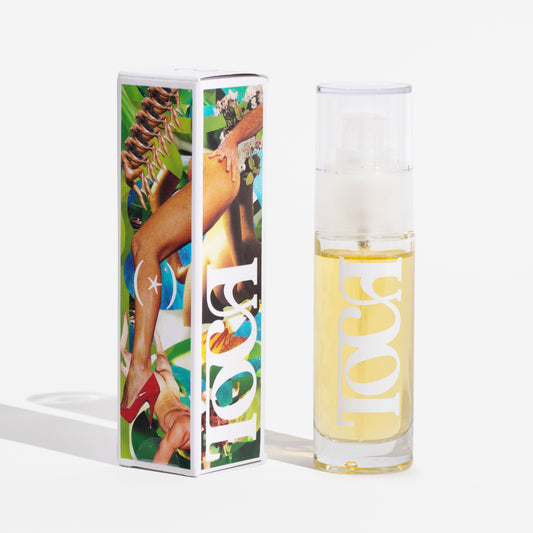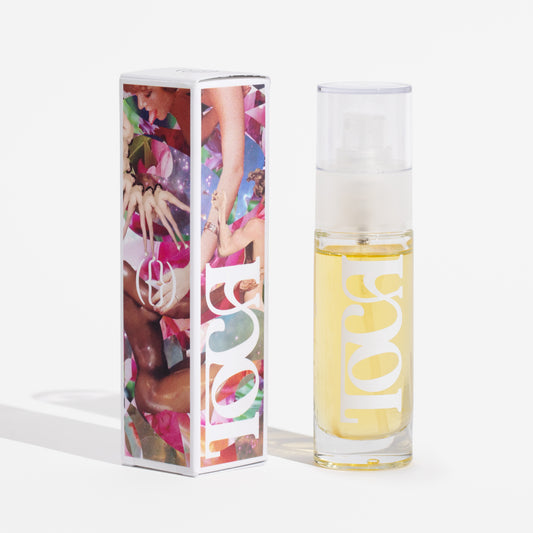
Getting Wet: Different Fluids and What They Mean
Share
Wetness is our friend. I don't just mean the,"Oh my god I'm so wet" kind of wetness, but all of it.
In my years working as a sex educator, I’ve heard reoccurring concern about fluid, specifically, vaginal fluid. It’s a point of anxiety and mystery for many, even those who generally feel sexually open. So, what’s the difference between ejaculate, discharge and wetness for vagina holders? I’m here to dive in and quell any concern and confusion.
Wetness, even if it’s discharge that is the result of a vaginal infection, is our body’s primary tool to communicate to us the state of our vaginal balance and wellbeing. And trust me, the vagina can be vocal.
Wetness can be the vagina telling us "I’m getting ready to ovulate,” “I'm having trouble with a bacterial overload or an infection,” or even “I'm really turned on, pay attention to me!" When our vaginas talk, we should listen. With a little focused attention, it is possible to see and feel the body signaling for us to address its needs.
So that we don’t get overwhelmed by all the different meanings or causes, let’s break it down more specifically so that we can all better understand wetness.


